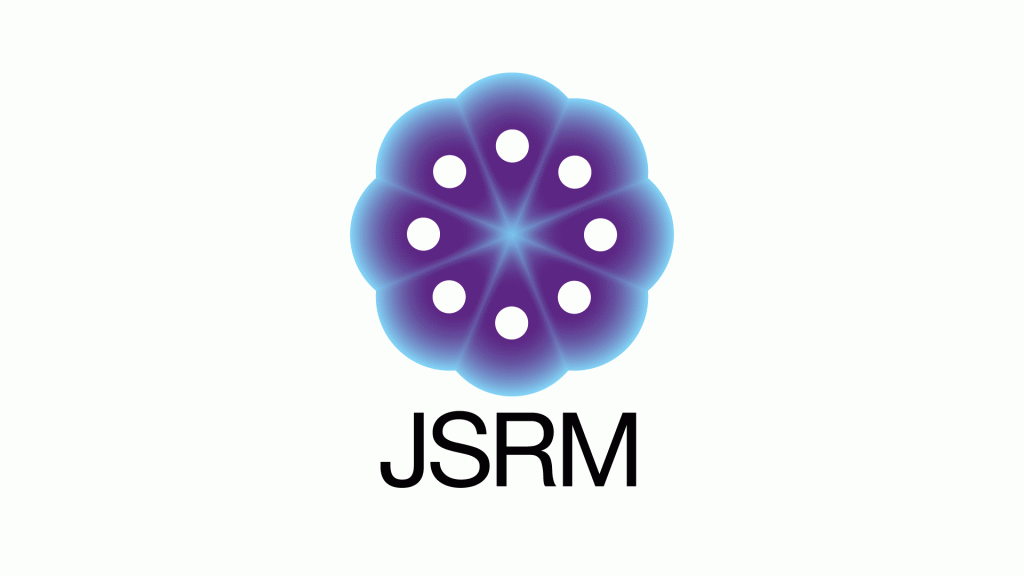2019.4.22
- Statements
Comments of the Japanese Society for Regenerative Medicine on the Approval Process of Regenerative Medicine Products in Japan

The Japanese rapid approval system for regenerative medicine products was recently criticized in a British scientific journal, Nature. The Japanese Society for Regenerative Medicine (JSRM) agrees with many points of the article, but considers that a new approach like ours is necessary to accelerate the delivery of treatments to patients for whom approved therapeutics are unavailable.
Nature purported the need for randomized controlled trials (RCTs)*1 for regenerative medicine products. However, the JSRM does not necessarily consider that RCTs are essential for all products. For rare diseases, the number of subjects required to statistically demonstrate effectiveness through comparison between treatment and non-treatment groups cannot easily be recruited, and so RCTs take a very long time. However, to obtain timely and conditional approval for manufacturing and marketing based on data collected by non-RCT methods, effectiveness should be rationalized through scientific discussions (e.g., publication of articles) on the validity of trial designs and data interpretations. Therefore, we agree with Nature in that information should be disclosed wherever possible to promote discussions.
In addition, the JSRM agrees with the need to reveal the methods of effectiveness and safety surveys at the time of application for approval. With the cooperation of the Ministry of Health, Labour and Welfare, the Japan Agency for Medical Research and Development, and the Pharmaceuticals and Medical Devices Agency, the JSRM has started to create and operate a data registration system (NRMD/PMS) for the use of regenerative medicine products as a nationwide database led by academic societies. This database includes data items that meet the standards specified by public organizations, allowing highly objective evaluation by accumulating data from post-marketing surveys. Such a highly public database should be employed for evaluation.
Aggregating data in the above data registration system facilitates data accumulation from post-marketing surveys and previous trials and studies, allowing more efficient verification of effectiveness using information from existing studies as a control group *2. In the field of oncology, effectiveness has already been verified by comparison with existing data. Such procedures should also promote trials of regenerative medicine products with an evidence level comparable with that of RCT.
As suggested by Nature, the Japanese approval system for regenerative medicine products is significantly different from the conventional approval procedures for medicines. However, the JSRM considers that the approval system for regenerative medicine products, characterized differently from conventional therapeutics, also requires a new approach from the viewpoint of the characteristics of regenerative medicine products. From an academic standpoint, the JSRM will continue to create scientifically rational novel methodologies and propose policies to provide high-quality regenerative medicine products without compromising effectiveness and safety.
The Japanese Society for Regenerative Medicine
*1 Intervention study to scientifically evaluate the effects of prevention and treatment. Patients with a target disease are randomly assigned to treatment and non-treatment groups to compare the effects. Randomized controlled trial is abbreviated to RCT.
*2 Historical control
